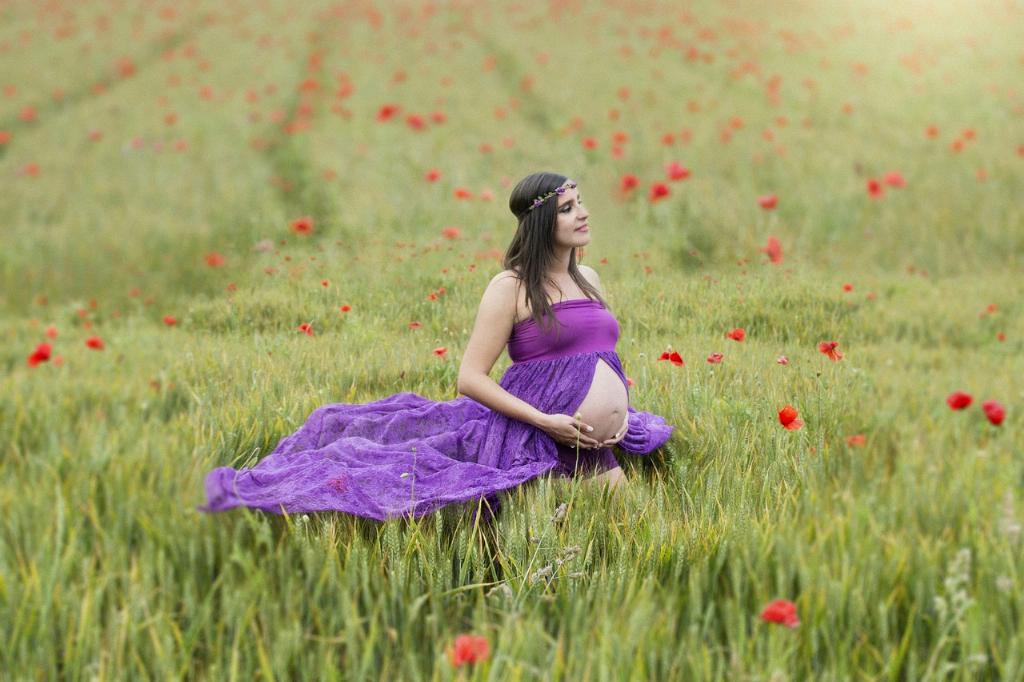Drinking alcohol while pregnant is a topic that has sparked much debate and controversy over the years. Historically, there was a time when it was not uncommon for women to have a glass of wine or a drink during pregnancy. However, the perception and understanding of the risks associated with prenatal alcohol exposure have evolved significantly.
In the United States, a significant shift occurred in 1981 when the Surgeon General issued a warning about the dangers of alcohol consumption during pregnancy. This warning marked a turning point in public health policy and awareness surrounding the issue.
Prior to the Surgeon General’s warning, there was limited information available about the potential risks of alcohol consumption during pregnancy. It was not until the 1980s that researchers began to uncover compelling evidence linking prenatal alcohol exposure to a range of developmental issues in children.
As awareness of the risks grew, so did the efforts to educate the public about the dangers of drinking while pregnant. Health authorities started to emphasize the importance of abstaining from alcohol during gestation to protect the health and well-being of both the mother and the developing fetus.
By the late 1980s and early 1990s, the consensus within the medical community was clear: consuming alcohol during pregnancy was not worth the risk. Health organizations, such as the American College of Obstetricians and Gynecologists, advised women to avoid alcohol entirely during pregnancy.
Studies conducted in the following decades continued to provide compelling evidence of the detrimental effects of prenatal alcohol exposure. Research highlighted the increased risk of fetal alcohol spectrum disorders (FASDs) and other developmental impairments associated with maternal drinking.
With the growing body of evidence supporting the link between alcohol use and adverse pregnancy outcomes, public health campaigns intensified their efforts to discourage drinking during pregnancy. The message became more emphatic and clear: zero alcohol is the safest choice for expectant mothers.
Today, the recommendation to abstain from alcohol during pregnancy is widely accepted as the standard of care. Healthcare providers, prenatal educators, and parenting resources consistently emphasize the importance of a sober pregnancy for the best possible outcomes for both the mother and the baby.
While the shift in societal attitudes towards drinking while pregnant took time, the advancements in research and public awareness have significantly altered the landscape. Pregnant women now have access to a wealth of information and support to make informed decisions about their health and the well-being of their unborn child.
Ultimately, the journey towards recognizing the risks of alcohol consumption during pregnancy and advocating for a zero-tolerance approach has been driven by a commitment to ensuring the health and safety of future generations. The evolution of this understanding is a testament to the power of knowledge and advocacy in protecting maternal and fetal health.

